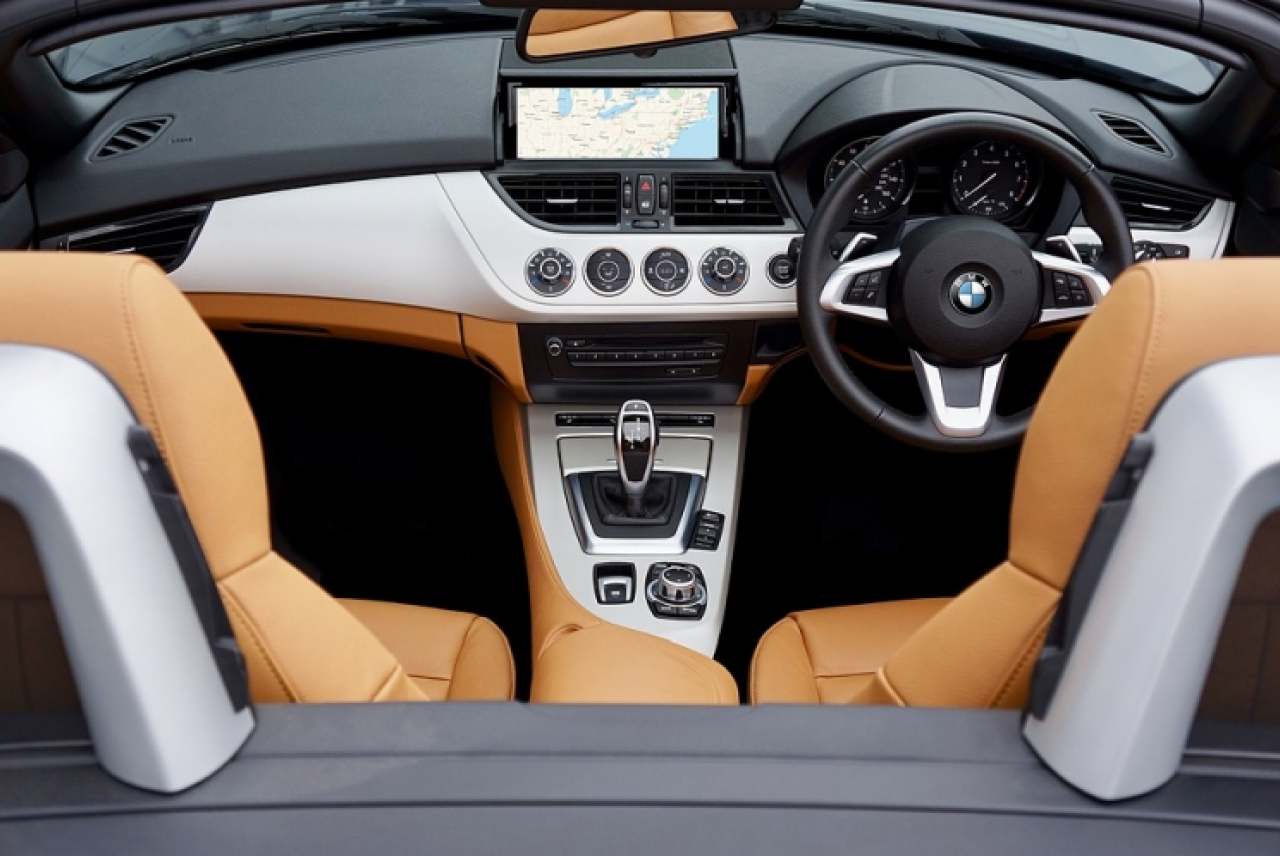It is very rare these days to buy a car without some form of electronics having been incorporated into its design. From electronic fuel injection, to computer diagnostics, to four-wheel drive, air bags and global positioning systems, cars are becoming increasingly reliant on electronic components. According to the Department for Trade and Investment in Germany, automotive electronics accounted for 43% of the German electronic component market in 2012.
This means that car manufacturers are now also one of the biggest consumers of elements commonly known as ‘Conflict Minerals.’
Conflict minerals are defined as being: tin, tungsten, tantalum and gold which have been mined in the Democratic Republic of Congo (DRC) and the surrounding areas. The mining of these minerals have been implicated in the financing of no fewer than 27 conflicts within Africa.
Their use in cars can be found in the tantalum capacitators in engine management systems and driver monitoring systems, while tin is added to the fuel tank, amongst other areas of the car.
Dodd-Frank Act
There has been a lot of focus on electronics companies with regards to conflict minerals, yet the automotive sector has received very little scrutiny.
While positive effects of the Dodd-Frank Act are starting to be seen on the ground in the DRC there is still wide variation in the standards of reporting by companies. A recent analysis by Amnesty International and Global Witness found that 79 out of 100 companies’ filings in 2014 failed to meet the minimum requirements of the US conflict minerals law.
SOMO research
Results of a 2010 report by SOMO – a Dutch research association – found that none of the top ten car manufacturers discussed the links between human rights issues and mining minerals.
Tim Steinweg from SOMO, one of the authors of the report, stated “As your research shows there has been little progress in the automotive sector. This can be explained by the fact that most car companies have no legal requirement to do so. In order for the industry to move, we need strong, binding EU legislation, conscious consumers that demand ‘conflict-free’ cars, and automotive companies who are willing to take the lead.”


